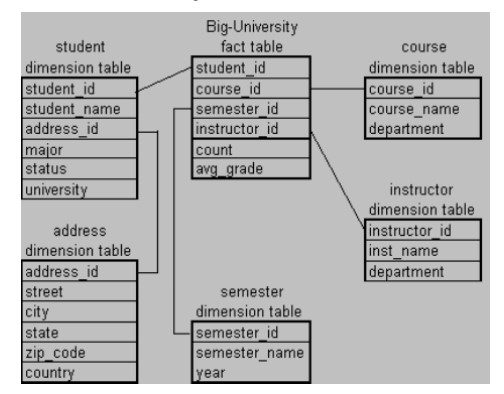What is the relationship between SOA and cloud architecture?
The relationship between SOA and cloud architecture, To begin, it is crucial to highlight that Service-Oriented Architecture may be used with or without cloud computing. As more firms move file storage to the cloud, it makes sense to employ cloud computing and Service-Oriented Architecture together. Cloud computing enables users to quickly and easily develop services suited to their clients without needing to consult an IT staff. One disadvantage of combining SOA and Cloud is that some factors, such as security and availability, are not assessed. The integration of current data and systems into the cloud solution is a significant problem for enterprises when combining cloud computing and Service-Oriented Architecture. For the transition to be seamless, there must be continuity from beginning to end. It is also crucial to remember that not every IT function can be outsourced to the cloud.
CLOUD DESIGN AND IMPLEMENTATION USING SOA
Elasticity, self-service provisioning, standards-based interfaces, and pay-as-you-go are some of the major characteristics of the cloud. These kinds of capabilities must be built into the software. To achieve this level of engineering, the cloud's basis must be properly conceived and properly architected. Cloud services aid businesses by bringing SOA's best practices and business process emphasis to the next level. It gives advantages to both cloud service providers and cloud service customers.To offer services with the desired levels of flexibility and scalability, cloud service providers must develop solutions using a service-oriented approach. Businesses that build and regulate business processes using reusable service-oriented components can more quickly determine which components can be effectively migrated to public and private clouds.
Cloud computing has many services that can be viewed as a stack of service categories. These services categories include Infrastructure-as-a-Service (IaaS), Platform-as-a-Service (PaaS), Storage-as-a-Service, Components-as-a-Service, Software-as-a-Service (SaaS), and Cloud Clients.
SOA is a cloud service that is an essential component of the 'Component as a service' of the cloud service stack. SOA's structure enables business processes to be emphasized to provide interoperability and quick delivery of functionality. It facilitates system-to-system integration by generating loosely connected services that may be utilized for a variety of applications. SOA is related to Object-Oriented Programming in that objects are standardized to allow them to be reused for numerous purposes.
The cloud's services and structure should be built using a modular architecture approach. Component-based, modular architecture allows for flexibility and reuse. This flexibility is supported by SOA. SOA is more than just a technology strategy and technique for developing IT systems. It is also a corporate strategy and technique. Companies have embraced SOA concepts to improve understanding between business and IT and to assist businesses in adapting to change.
This method enables businesses to utilize current assets to build new business services that are consistent, controllable, changeable, and manageable. SOA is a commercial approach to developing efficient IT systems that encourage reuse and allow firms to respond rapidly to opportunities and challenges.




Comments
Post a Comment